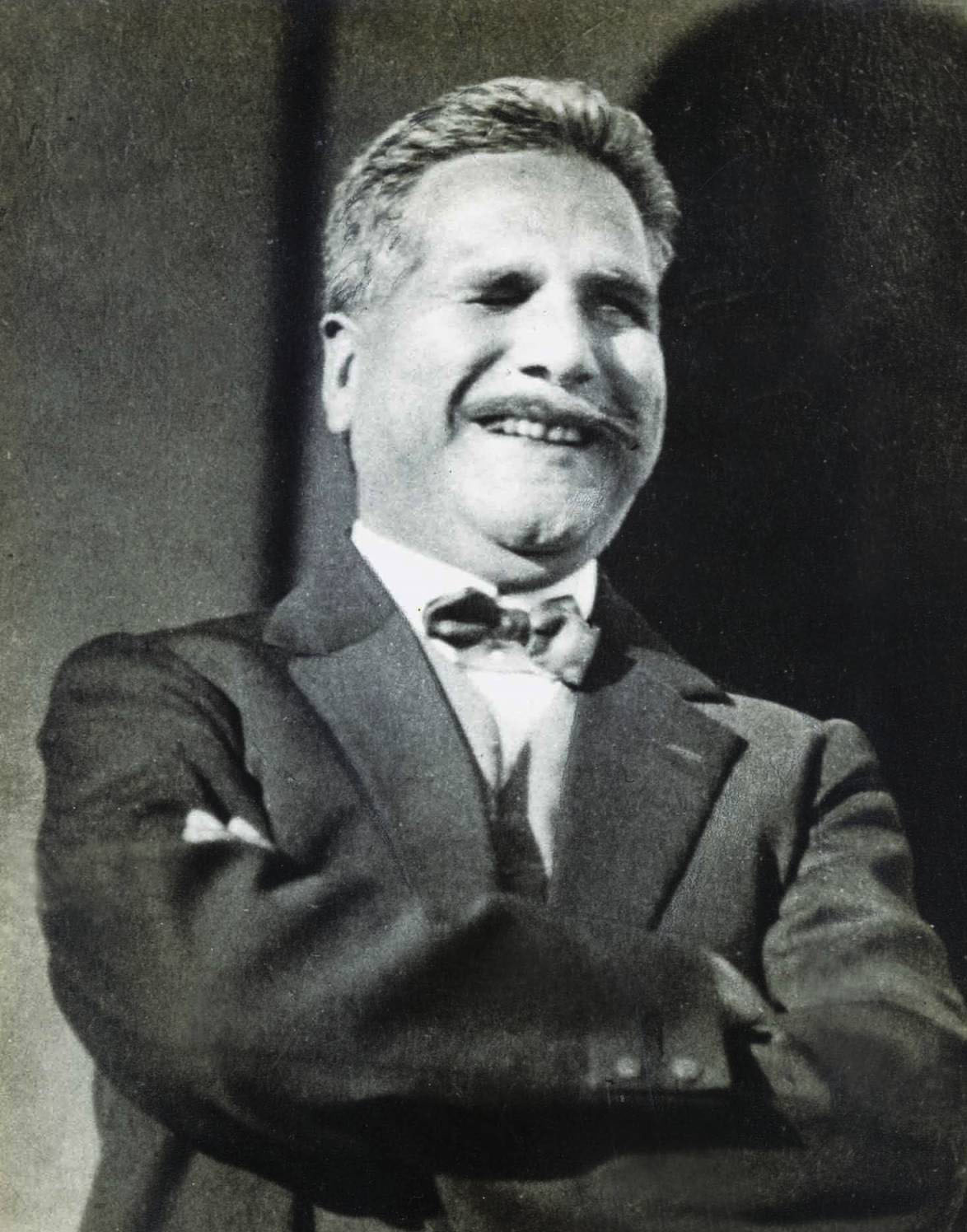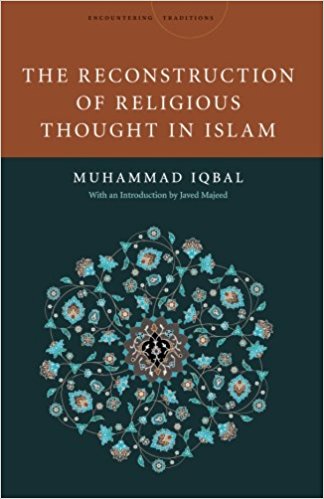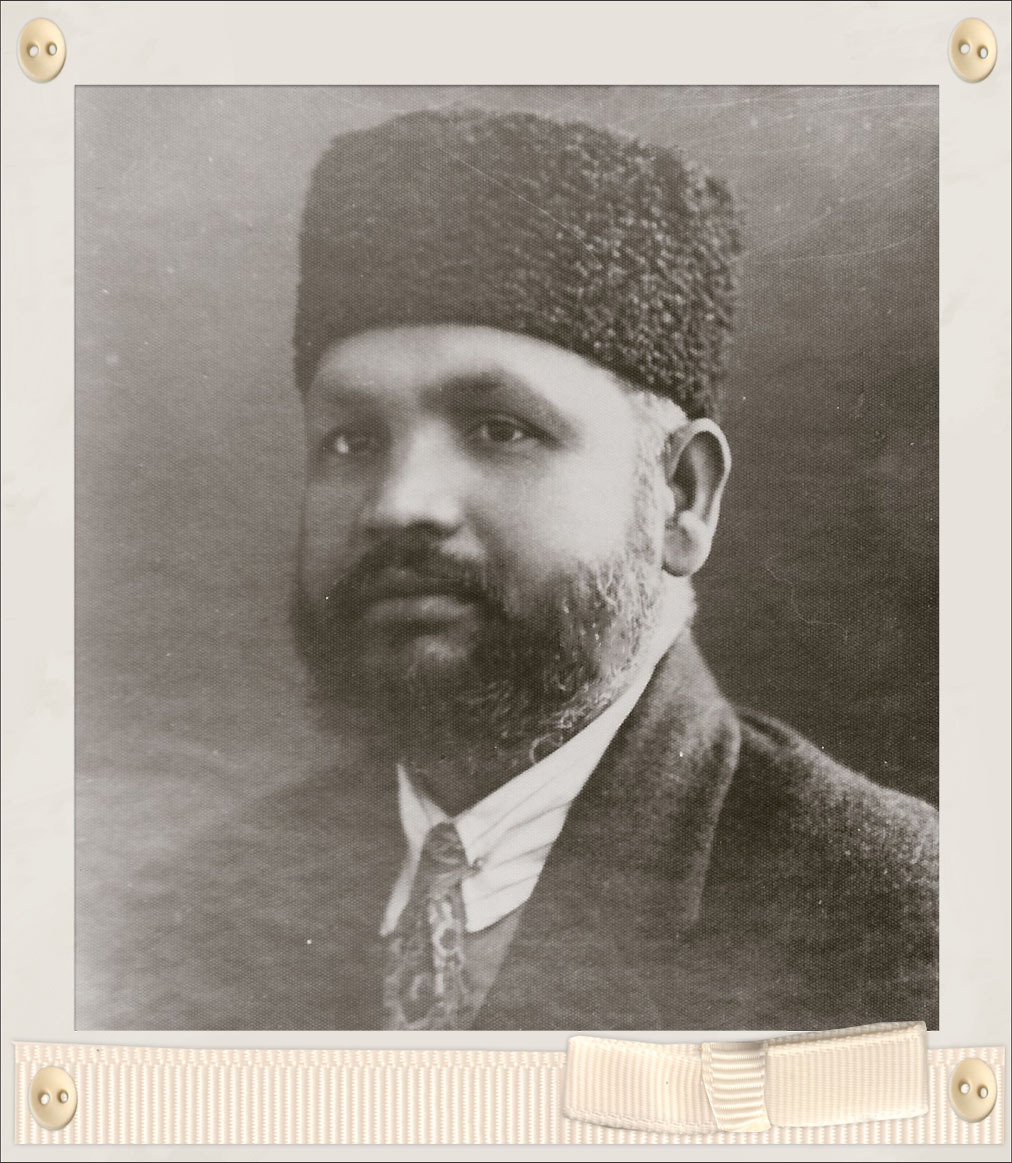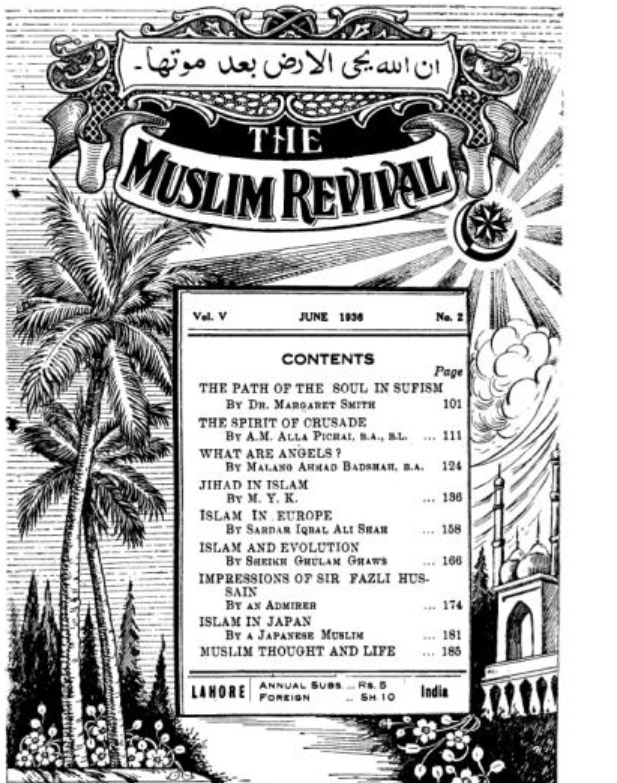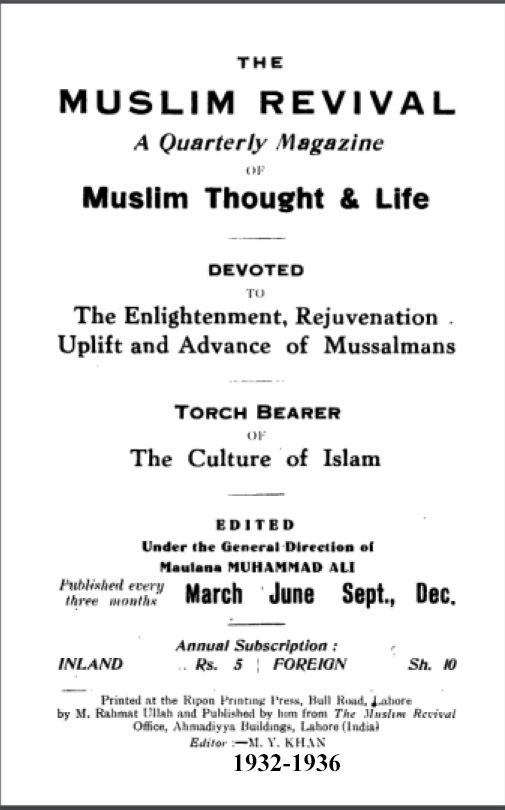Dr. Iqbal´s “Six Lectures”
It will be recollected that sometime back Dr. Sir Muhammad Iqbal undertook a series of six lectures on Islam at the invitation of the Madras Muslim Association which he personally delivered at Madras and Aligarh. These aroused a great deal of interest and several were the enquiries that we received from our own readers whether these lectures could be had in printed form. It is our pleasure now to be able to announce that Dr. Iqbal has placed the world under a debt of obligation by bringing out these lectures in a book form under the title, Six Lectures on the Reconstruction of Religious Thought in Islam.
What exactly these lectures contain is perhaps too much for a newspaper review to adequately tell. Though prime intended to deal with Islamic thought as the name indicates, they cover the entire scientific as well as philosophic and in this appropriate setting, attempt a proper evaluation of the thought and standards of Islam. The book is thus not merely a work of considerable worth on religion. It is equally a most instructive work on the up-to-date scientific and philosophic thought – a summary, one may almost say, of all the knowledge of the time. From the scholasticism of the Greeks to the modern-most Relativity theory of Einstein, the learned author takes you through a vast absorbing landscape of thought from age to age, drawing comparisons and contrasts with the Islamic thought.
Those who have formed the acquaintance of this great poet-philosopher of Islam of the present day through his masterpieces of poetry must have marked one thing about him—his greatest weakness perhaps from the viewpoint of non-Muslims. He is an uncompromising Muslim. Islam to him is par excellence the highest philosophy of life, the last word on Truth, and the Prophet of Islam, par excellence, the superman, the beau-ideal of humanity. We have had the privilege of personal contact with him for good many years and he has always impressed us as one who, without being blind to the good in others or in any way uncharitable, is enamoured of the ideals of Islam even to the point of fanaticism. If there is the highest culture under the sun, that to Dr. Igbal is the culture of Islam. The highest type of humanity is to him the type which is the product of Islam. We mention this because to know Dr. Iqbal is to know what sort of work he has put before the world in this publication under review. As in his poetry, he is a Muslim poet first and a Muslim poet last, so in his philosophy, he is a Muslim philosopher first and a Muslim philosopher last. From the earliest dawn of philosophic thought he marshals before the reader the whole of the great and glorious galaxy of thinkers up to the present day and makes the stand at the feet of Islam.
To take a specimen, Dr. Iqbal is not prepared to accept the commonly prevalent notion that it was Greek thought and culture that gave form and shape to the thought and culture of Islam. He thus strongly controverts the suggestion:
”The first important point to note about the spirit of Muslim culture is that for purposes of knowledge it fixes its gaze on the concrete, the finite. It is further clear that the birth of the method of observation and experiment in Islam was due not to a compromise with Greek thought but to a prolonged intellectual warfare with it. In fact, the influence of the Greeks who as Briffault says, were interested chiefly in theory, not in fact, tended, rather in obscure the Muslim’s vision of the Quran and for at least two centuries kept the practical Arab temperament from asserting itself and coming to its own. I want therefore definitely to eradicate the misunderstanding that Greet thought in any way determined the character of Muslim culture.”
Time, Space, Ego, Free-will, Immortality, Heaven, Hell, Barzakh form the subjects of thorough investigation in the light of the Quranic verses, which discussion he thus winds up: However, according to the teachings of the Quran, the Ego´s re-emergence brings him a “sharp insight” (Sura Qaf 50: 21) whereby he clearly sees his self-built “fate fastened round his neck”.
وَجَآءَتْ كُلُّ نَفْسٍ مَّعَهَا سَآئِقٌ وَشَهِيدٌ
“And every human being will come forward with [his erstwhile] inner urges and [his] conscious mind”
Heaven and Hell are states, not localities. Their descriptions in the Quran are visual representations of an inner fact i.e., character. Hell in the words of the Quran is “God’s kindled fire which mounts above the hearts” – the painful realization of one’s failure as a man. Heaven is the joy of triumph over the forces of disintegration. There is no such thing as eternal damnation in Islam. The word eternity used in certain verses relating to Hell is explained by the Quran itself to mean only a period of time (78:23)… Hell therefore as conceived by the Quran is not a pit of everlasting torture inflicted by a revengeful God; it is a corrective experience which may make a hardened ego once more sensitive to the living breeze of Divine Grace.
لَّـٰبِثِينَ فِيهَآ أَحْقَابًا
(In it shall they remain for a long time)
Nor is Heaven a holiday. Life is one and continuous. Man marches always onward to receive ever fresh illuminations from an Infinite Reality which “every moment appears in a new glory”. And the recipient of Divine illumination is not merely a passive recipient. Every act of a free ego creates a new situation and thus offers further opportunities of creative unfolding.
On the all-important institution of Prayer, the learned writer has considerable light to throw. In “thought”, he tells us, the mind of man ”observes and follows the working of the Reality ”. In the act of Prayer, “it rises higher than thought to capture Reality itself.” And further on: ”Prayer as a means of spiritual illumination is a normal vital act by which the little island of our personality suddenly discovers its situation in a larger whole of life.” Scientific observation of Nature keeps us in contact with the behaviour of the Reality. Prayer is a quest after a deeper vision of the Reality itself. And to explain the nature of this direct quest of the soul as distinguished from the scientific quest through thought, the writer aptly draws upon his favourite Rumi:
دفترصوفی سوا د حرف نیست
جزدل اسپیدھم چون برف نیست
زاد دانشمند آثار قلم
زاد صوفی چیست آثار قدم
همچو صیادی سوی اشکار شد
گام آھو دید و بر آثار شد
چند گاهش گام آهو درخور است
بعد از آن خود ناف آهو رهبر است
رفتن یک منزلی بر بوی ناف
بهتر از صد منزل گام و طواف
(آثار قلم و آثار قدم ( جلالالدین محمد رومی
i.e., “The Sufi´s book is not composed of ink and letters; it is not but a heart white as snow. The scholar´s possession is pen marks. What is the Sufi´s possession? footmarks. The Sufi stalks the game like a hunter: he sees the musk deer`s track and follows the footprints. For some time, the track of the deer is the proper clue for him, but afterwards it is the musk-gland of the deer that is his guide. To go one stage guided by the musk-gland is better than a hundred stages of following the track and roaming about.”
According to the learned writer, Islam is nothing in the nature of a “static view of the universe”. It is a dynamic view, emphasizing the ever on-ward march of life. The door of Ijtihad in Islam is therefore always wide open. Touching upon the separation of the State and Religion, the writer says that in Islam there is no such things as secular. The whole of man´s life is religious in background. All is holly ground. As the Prophetﷺ so beautifully put it: “The whole of this earth is a Mosque.”
He, therefore, does not agree with the Turkish Nationalist Party´s view of separation which is misleading inasmuch as it suggests a dualism which does not exist in Islam”. The learned Doctor approves of the views of the other party known as the “Religious Reform Party” according to which “Islam is a harmony of idealism and positivism and as a unity of the eternal verities of freedom, equality and solidarity has no fatherland”. This view of the Turkish Grand Vizier, Said Halim Pasha was expressed long ago by the poet-writer in his famous couplet:
چین و عرب ہمارا ھندوستان ہمارا
مسلم ہیں ہم وطن ہے سارا جہاں ہمارا
i.e., “China and Arabia are ours and so is India ours. Muslims we are and the whole world is our fatherland”. “As there is no English Mathematics, German Astronomy or French Chemistry”, says the writer quoting the Grand Vizier, “so there is no Turkish, Arabian, Persian or Indian Islam”.
The book ends with a fervent appeal to the world of Islam to arise to the high roll that the principles of Islam are destined to play in re-shaping the destiny of man:
The idealism of Europe never became a living factor in her life and the result is a perverted ego seeking itself through mutually intolerant democracies whose sole function is to exploit the poor in the interest of the rich. Believe me, Europe to-day is the greatest hindrance in the way of man´s ethical advancement. The Muslim, on the other hand, is in possession of these ultimate ideals on the basis of a revelation, which speaking from the inmost depths of life, internalises its own apparent externality. With him the spiritual basis of life is a matter of conviction for which even the least enlightened among us can easily lay down his life; and in view of the basic idea of Islam that there can be no further revelation binding on man, we ought to be spiritually one of the most emancipated people on earth…Let the Musalman of to-day appreciate his position, reconstruct his social life in the light of ultimate principles and evolve, out of the hitherto partially revealed purpose of Islam, that spiritual democracy which is the ultimate aim of Islam.
But this is just a bird´s-eye view of this great work of Dr. Sir Muhammad Iqbal which ought to bring about an entirely new orientation of the religious thought of humanity in general and of the world of Islam in particular. The proof of the pudding lies in the eating of it. To realize and avail of the full worth of it, see the book for yourself which may he had for Rs.5 from Sheikh Mubarik Ali, Book Seller, inside Lahori Gate, Lahore (India)
Mohammad Yaqub Khan
(THE LIGHT – JUNE 8, 1930)
